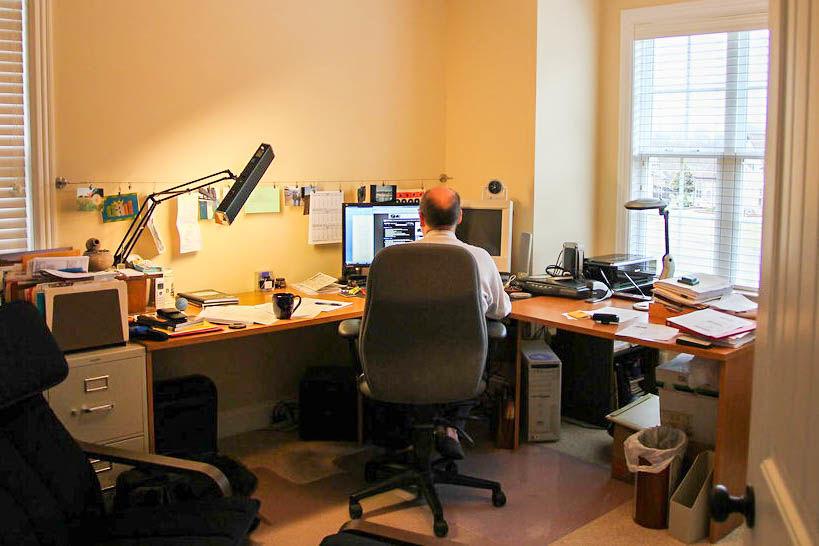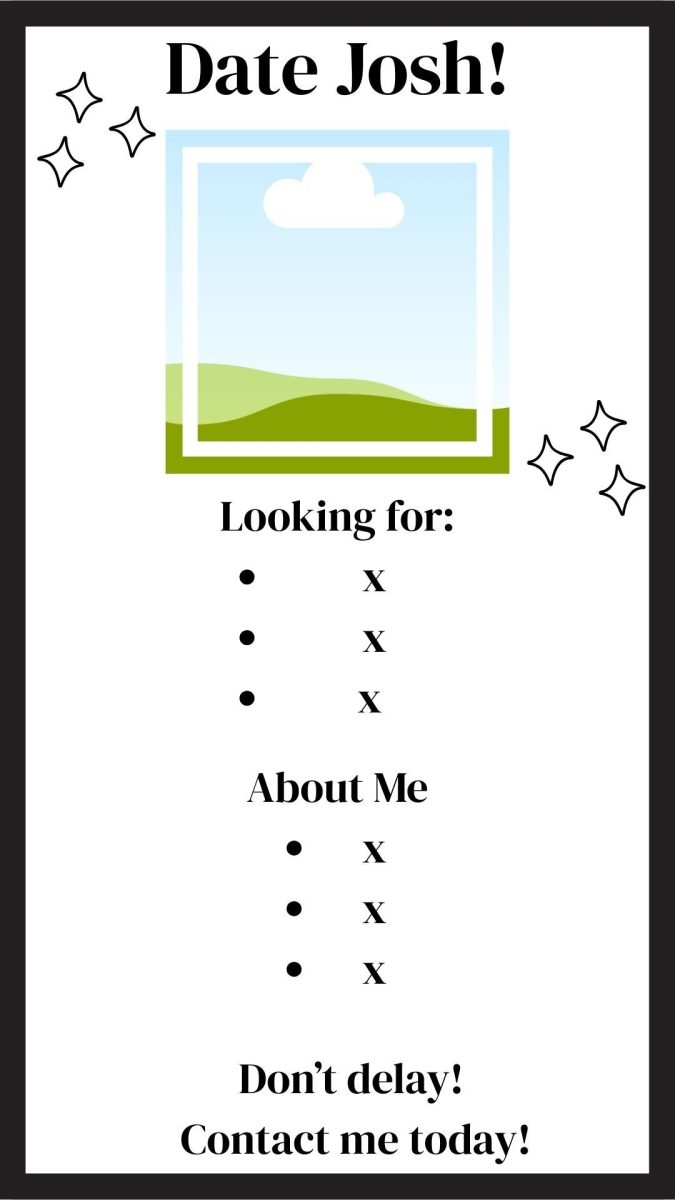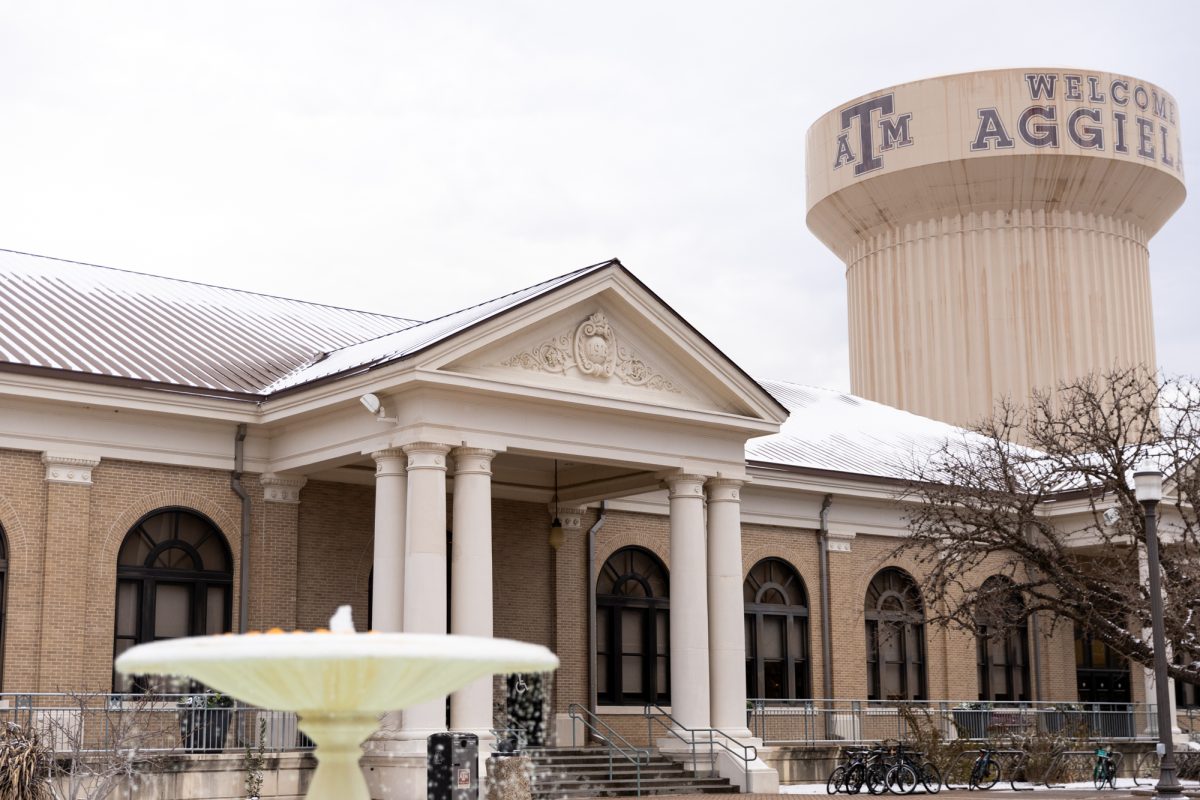Earlier this month, I had my final exam to allow me to graduate. Analogous to a thesis defense, the final exam was a presentation designed to showcase my mastery over the “learning competencies” outlined in the program and highlight reflections over my ongoing internship. This presentation, preceded by the submission of a tome-like portfolio (think thesis), is a shared experience that binds most graduate students, regardless of study, together in nerdy fraternity.
When first starting a postgraduate degree with a thesis component, the “defense” part of your journey seems like a distant task behind a mountain of arduous research, redundant classes and writing. Yet, the oral exam can creep up on you unexpectedly like an inquisition. Experienced participants have written much about this final ritual of the academic journey, and some good advice on the matter is available. But with the advent of the coronavirus crisis, this time-honored rite of passage has been forced to change.
When I first emailed my committee to schedule the date of my examination, I never would have imagined that we would ultimately conduct it over Zoom. For many graduate students looking to defend in the upcoming summer, and possibly even the fall, digital video conferences may be the only way to have oral examinations.
But I’m here to tell you that it can be a boon instead of a bane.
If you are terrified of speaking in front of people, congratulations! Life just got easier. Although some professors are seemingly capable of droning on endlessly in lecture, academics are not immune to glossophobia, a fear of public speaking that is believed to affect up to 75 percent of the population. In fact, having been a paralyzingly diffident youth, I can appreciate their unspeaking trepidation.
However, using Zoom to deliver a formal address from the disarming familiarity of your home can transform it into an oddly perfunctory act. When I gave my oral exam, I was dressed in what can only be called late-spring undergraduate chic: A free maroon t-shirt and sweatpants, sans-socks. Liberated from the stuffy sartorial vestments of formality, I found my homely habiliments to be subliminally reassuring, not unlike my niece with her favorite blanket.
Moreover, defending with the same computer that I also use for decidedly more quotidian pursuits seemed to sap the intimidation away from the moment. Just ask anyone “chopping” on dating apps – it’s easier to talk to people through a screen. Indeed, the idea of using a digital interface to allay fears of public speaking is not new. One Russian startup, for example, has been using virtual reality for that very purpose.
But on a more serious note, I realize that for many, a defense is the culmination of years of work and study, so it’s understandable if they wish to have a ceremonial air to it. I imagine there are many like Kaitlin Rasmussen, a recent doctoral student at MIT, for whom defending a thesis could be something they have been looking forward to their entire lives.
“I’ve always had plans for this,” she says in an article for Inside Higher Ed. “Some people have dream weddings in mind, but I’ve always had this. I imagined I’d buy some really fancy, expensive clothes and have a really good vibe, and give this awesome presentation in front of my friends and family.”
Suffice it to say that I didn’t share her sentiments.
Nevertheless, even if you are one of those graduate students who revel in the inane protocols of a thesis defense or just want to get it over with, you still will have to prepare for your final exam in this brave new world. Please familiarize yourself with the technology, read up on how your peers have handled their virtual defenses and try not to feel like an imposter.
With the appropriate preparation, you’ll be fine. Be it in your “big-boy pants” or PJs.
Mounting a webcam defense
April 21, 2020
Photo by Creative Commons
Opinion writer Osama Qureshi opines on the rise of videoconferencing thesis defenses.
0
Donate to The Battalion
$2065
$5000
Contributed
Our Goal
Your donation will support the student journalists of Texas A&M University - College Station. Your contribution will allow us to purchase equipment and cover our annual website hosting costs, in addition to paying freelance staffers for their work, travel costs for coverage and more!
More to Discover










